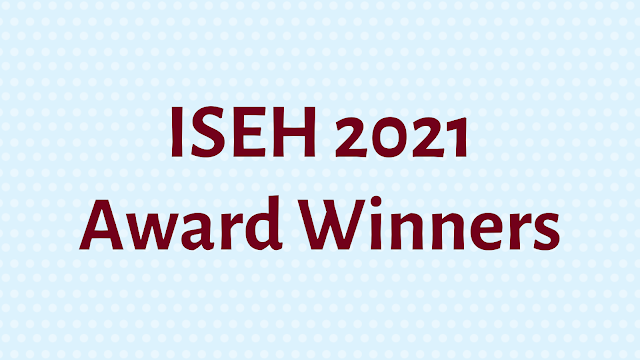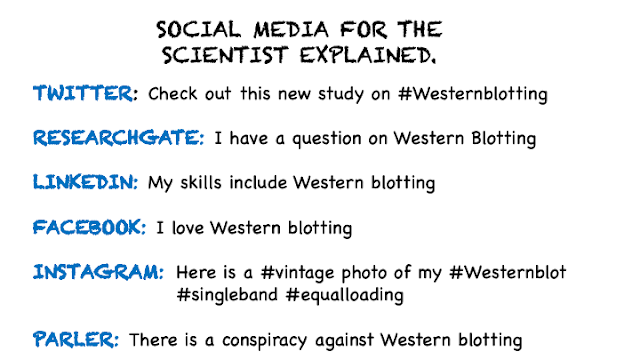Overcoming (the Inevitable) Failures in Science

“I am afraid that the opinion remains that the paper is not a strong candidate for publication…” Rejection. Failure. Almost everyone will experience a mixture of these during one’s lifetime. But for a scientist, this has become the norm of our existence: failed scientific experiments, rejected grants, and scathing remarks from manuscript reviewers. The one thing that is certain in academia, is that you will have many failures; what is not as certain is one’s response to such adversity. I hope this piece can give practical advice on how to overcome ‘failure’ and even potentially change our perspective on what failure is, with an emphasis on what steps young scientists, such as graduate students who are just beginning their journey, can take. Turning your ‘negative’ response into a therapeutic one Our typical response to rejection in science (and most other endeavors) is an initial combination of anger and/or disappointment, that can progress to self-pity, blaming the ‘system’, and depre



